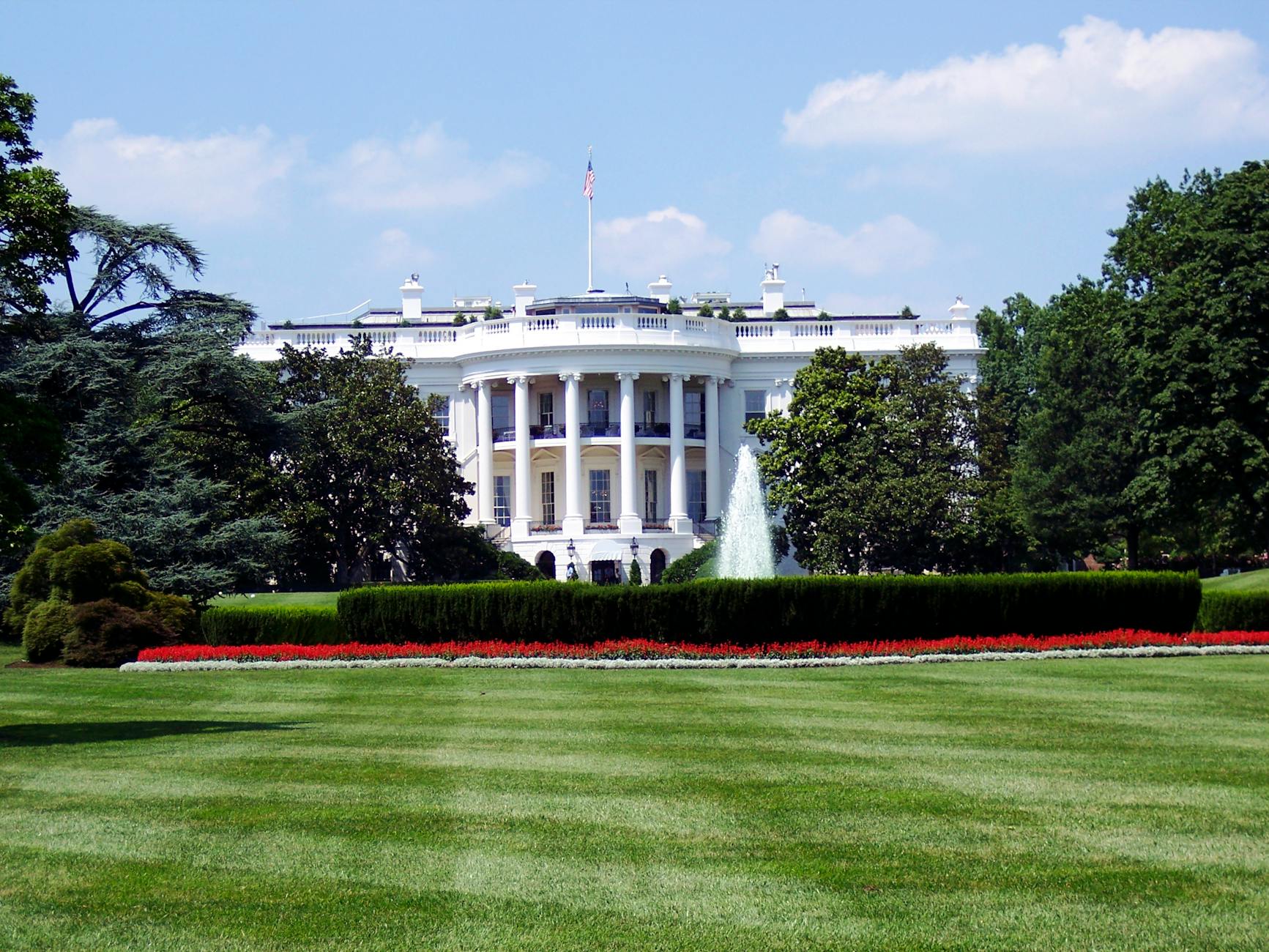For years, Switzerland, the Cayman Islands, and Panama have been synonymous with offshore tax havens, attracting the world’s elite and corporations looking to protect their wealth. However, in a surprising turn of events, the United States has emerged as the most powerful tax haven in history. While U.S. lawmakers have spent decades criticizing foreign jurisdictions for secrecy and tax avoidance, America has quietly built the most formidable system for shielding assets from international scrutiny.
The Rise of America’s Tax Haven Status
Historically, tax havens have been defined by their ability to provide low or no taxes, robust privacy protections, and limited financial disclosure requirements. The U.S. has embraced all three pillars while simultaneously pressuring other nations to dismantle their own tax sheltering mechanisms. This contradiction has led to an influx of global wealth seeking refuge in American jurisdictions such as South Dakota, Delaware, and Nevada.
One of the key catalysts behind this shift is the U.S. government’s refusal to participate fully in the Common Reporting Standard (CRS)—an initiative led by the OECD that facilitates the exchange of financial information between countries to combat tax evasion. By abstaining from CRS while imposing strict reporting requirements on foreign financial institutions under FATCA (Foreign Account Tax Compliance Act), the U.S. has effectively created a one-way mirror. It demands transparency from other nations while safeguarding the wealth of non-residents within its borders.
Why Global Wealth is Flooding into the U.S.
1. No CRS Participation
The U.S. does not share financial data with foreign tax authorities in the same way that European and Caribbean tax havens are required to under CRS. This allows wealthy foreigners to hold assets in U.S. financial institutions with little fear of being reported to their home countries.
2. Trusts in South Dakota and Delaware
States like South Dakota and Delaware have revolutionized trust laws, making them some of the most attractive jurisdictions for asset protection. Dynasty trusts allow families to pass wealth across generations without incurring estate taxes. Blind trusts enable anonymity, and self-settled trusts provide asset protection even from creditors.
3. No Federal Wealth Tax
Unlike many European nations that impose wealth taxes on high-net-worth individuals, the U.S. has no federal wealth tax. This makes it an ideal location for individuals seeking to preserve their fortunes without the risk of aggressive taxation.
4. Robust Legal System and Political Stability
Compared to offshore jurisdictions that face geopolitical instability, the U.S. offers a safe, rule-of-law-based environment. Wealthy individuals are willing to park their money in the U.S. because they trust its legal protections more than those of traditional tax havens.
5. Favorable LLC Structures
States like Wyoming and Nevada offer anonymous LLCs, which allow owners to shield their identities from public disclosure. This has become a preferred vehicle for global investors seeking discretion in their financial dealings.
The Future of Offshore Wealth in America
As the U.S. cements its status as the world’s top tax haven, more international investors are likely to funnel assets into American trusts, real estate, and banking institutions. This shift highlights the hypocrisy of U.S. financial policies—enforcing transparency on others while facilitating secrecy at home.
For investors looking to optimize their offshore strategy, the U.S. is no longer just a global economic powerhouse—it is now the most formidable tax shelter in history.
Invest Offshore has investment opportunities in West Africa seeking investors for the Copperbelt Region. Contact us to explore your next offshore venture.

Leave a Reply